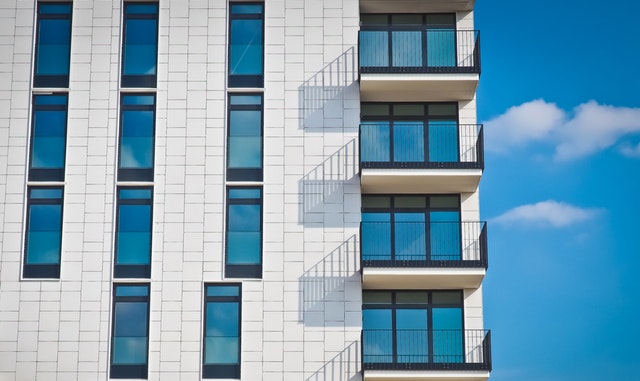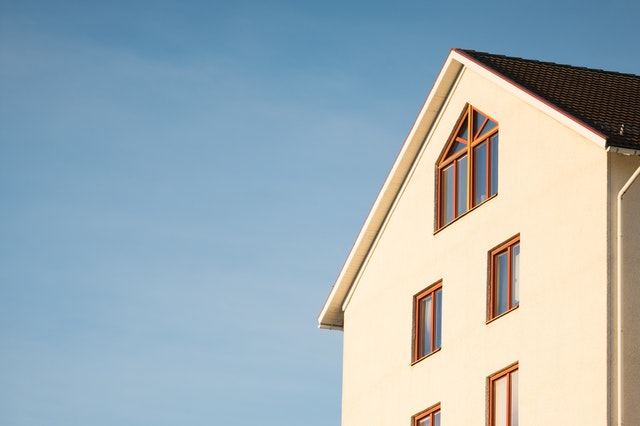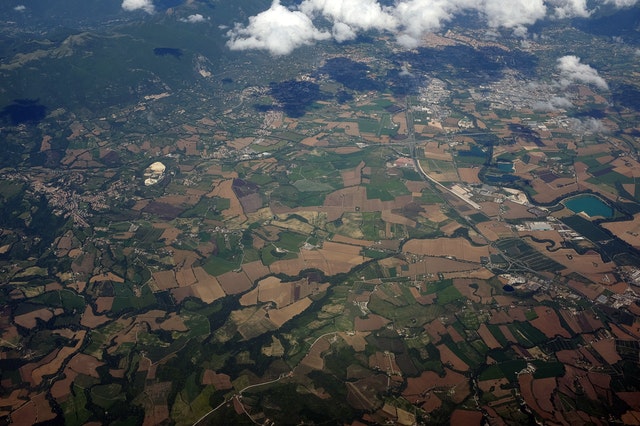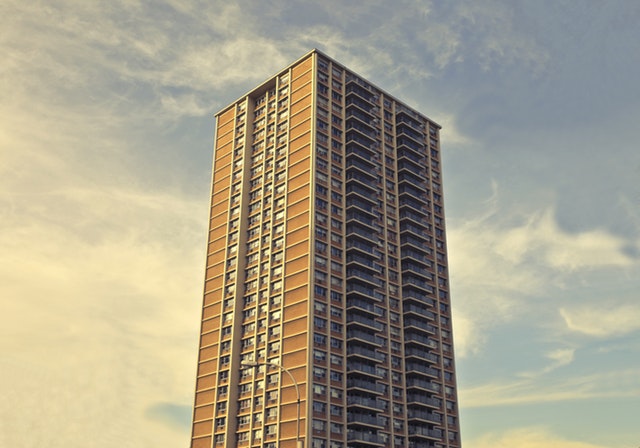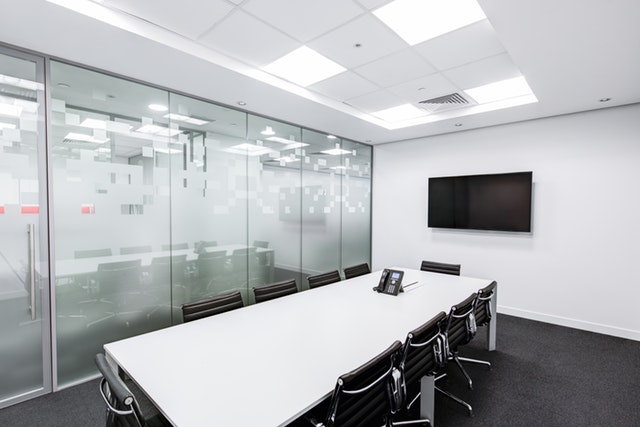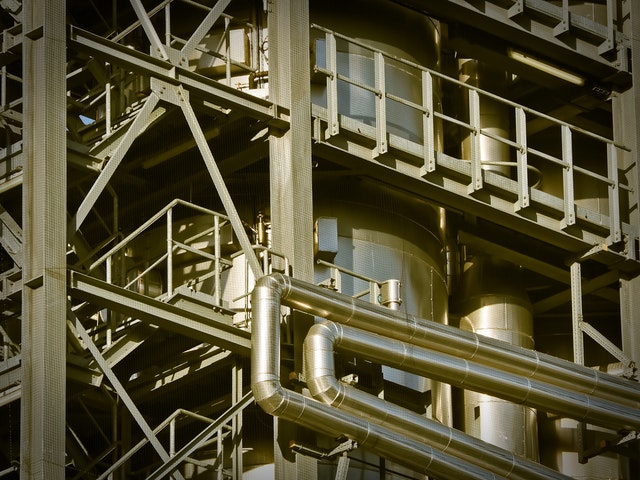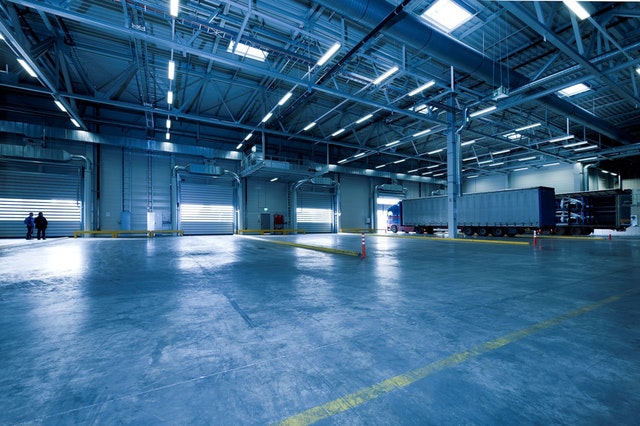The situation in the real estate market in Latvia has stabilized
The situation in the real estate market in Latvia has stabilized, and now there is a slight increase in the number of real estate transactions and lending compared to the end of last year, said Andris Bože, a member of the board of the construction company and real estate developer SIA “YIT Latvija”. At the same time, he explains that, similarly to other places in Europe, Latvia also experiences challenges and they are mainly related to the still high EURIBOR interest rates and the stagnant national economy. Bože informs that the huge inflation of the past years and the rise in the prices of energy resources are currently referring to transactions, that is, people are buying new properties that are energy-efficient, smaller in area and more compact, thus creating smaller monthly payments for heating and utility services. Boje also emphasizes the fact that currently the prices of building materials have stabilized, however, wages in the construction industry continue to rise, for example, currently up to 10%. Boze admits that the survey conducted by “YIT Latvija” in June also revealed that 38% of Latvian residents are deterred from buying real estate by the country’s economic situation and worries about their financial stability. Boje also points out that another obstacle for any developer is the working capital for the development of any housing fund. Namely, the developers themselves must have enough large and free financial resources to implement the construction, moreover, in several projects at the same time. In Latvia, the project is put into operation, divided into apartment properties, and only after that the developers can receive money, which is 85-90% of the total amount of the transaction, which means that the financing for the work is accumulated only when the project is concluded. “In my opinion, we could learn something from Poland, where “open escrow” or open transaction accounts are created, which means that if people buy apartments during construction, the developer immediately receives money from the banks already during construction. Accordingly, developers do not have to look for financing, because the apartments buyers are financing this construction,” says Beaujeu. Since such a practice is not available in Latvia, “YIT Latvija”, for example, was looking for other ways to capitalize on its activity and implement several projects simultaneously. Currently, a contract has been signed with the Czech investment group “RSJ Investments”, a joint venture has been established. This will give “YIT Latvija” the opportunity to sell plots of land or projects under construction to joint ventures within the framework of the agreement, thus providing working capital. The first project of such cooperation in Latvia is in Āgenskalnā – “Mārpagalmi” construction project of the second stage, the construction of which started in July 2023, but it is planned to be completed at the beginning of 2025. Asked what the prices of real estate (apartments) are in Latvia, Bože explains that in the Baltic countries, apartment prices in Latvia are the lowest, compared to Lithuania or Estonia. If in Latvia the average price per square meter in a new project, for example in Riga, Purvciem, is around 2,500 to 2,800 euros, then in a similar neighborhood in Vilnius they are already at least 3,300 euros. Prices are also higher in Kaunas than in Riga. Meanwhile, in Estonia, the price of such a property will most likely approach 4,000 euros per square meter. Therefore, in Bože’s opinion, Latvia is in a good situation, but in the coming years it may approach the price level of neighboring countries. The situation in the real estate market in Latvia has stabilized, and now there is a slight increase in the number of real estate transactions and lending compared to the end of last year, said Andris Bože, a member of the board of the construction company and real estate developer SIA “YIT Latvija”.
At the same time, he explains that, similarly to other places in Europe, Latvia also experiences challenges and they are mainly related to the still high EURIBOR interest rates and the stagnant national economy. Bože informs that the huge inflation of the past years and the rise in the prices of energy resources are currently referring to transactions, that is, people are buying new properties that are energy-efficient, smaller in area and more compact, thus creating smaller monthly payments for heating and utility services. Boje also emphasizes the fact that currently the prices of building materials have stabilized, however, wages in the construction industry continue to rise, for example, currently up to 10%. Boze admits that the survey conducted by “YIT Latvija” in June also revealed that 38% of Latvian residents are deterred from buying real estate by the country’s economic situation and worries about their financial stability. Boje also points out that another obstacle for any developer is the working capital for the development of any housing fund. Namely, the developers themselves must have enough large and free financial resources to implement the construction, moreover, in several projects at the same time. In Latvia, the project is put into operation, divided into apartment properties, and only after that the developers can receive money, which is 85-90% of the total amount of the transaction, which means that the financing for the work is accumulated only when the project is concluded. “In my opinion, we could learn something from Poland, where “open escrow” or open transaction accounts are created, which means that if people buy apartments during construction, the developer immediately receives money from the banks already during construction. Accordingly, developers do not have to look for financing, because the apartments buyers are financing this construction,” says Beaujeu. Since such a practice is not available in Latvia, “YIT Latvija”, for example, was looking for other ways to capitalize on its activity and implement several projects simultaneously. Currently, a contract has been signed with the Czech investment group “RSJ Investments”, a joint venture has been established. This will give “YIT Latvija” the opportunity to sell plots of land or projects under construction to joint ventures within the framework of the agreement, thus providing working capital. The first such cooperation project in Latvia is in Āgenskalnā – “Mārpagalmi” construction project of the second phase, the construction of which started in July 2023, but it is planned to be completed in the beginning of 2025. Asked what the prices of real estate (apartments) are in Latvia, Bože explains that in the Baltic countries, apartment prices in Latvia are the lowest, compared to Lithuania or Estonia. If in Latvia the average price per square meter in a new project, for example in Riga, Purvciem, is around 2,500 to 2,800 euros, then in a similar neighborhood in Vilnius they are already at least 3,300 euros. Prices are also higher in Kaunas than in Riga. Meanwhile, in Estonia, the price of such a property will most likely approach 4,000 euros per square meter. Therefore, in Bože’s view, Latvia is in a good situation, but in the coming years it may approach the price level of neighboring countries. Boje points out that currently the inhabitants of the Baltic region have become very rational, preferring smaller apartment areas. This is a general trend that can be observed throughout Western Europe. But at the same time, people need a place to store things, for example, warehouses, parking spaces, wheel sheds and the like. Boje admits that in the past, residents were not waiting to make a decision about purchasing real estate, but now this trend has changed.
There are several factors for this – the availability of mortgage loans and their cost have had their impact, residents have carefully weighed their financial situation in the long term, and the times are long gone when buyers were ready to buy only a “corner of the meadow”, without seeing the overview of the planned residential place. Hasty and sometimes thoughtless purchases have been replaced by a rational approach, says Boje. Speaking about mortgage lending, Bože admits that the portfolio of private mortgage loans in Latvia is currently about twice as small as in Estonia and Lithuania, but, in his opinion, the situation could improve. For example, the programs of “Development Financial Institution “Altum”” are available, inflation is very low, salary growth is visible, many have financial savings and the prices of energy resources are also lower. According to the observations of “YIT Latvija”, currently, in projects of a slightly higher class, approximately half of the apartments are purchased with their own funds and the other half take on credit obligations. On the other hand, in projects where the apartments are slightly cheaper, the proportion is different – 30% are purchased entirely with their own funds, and 70% – by attracting a mortgage loan. Read more here

